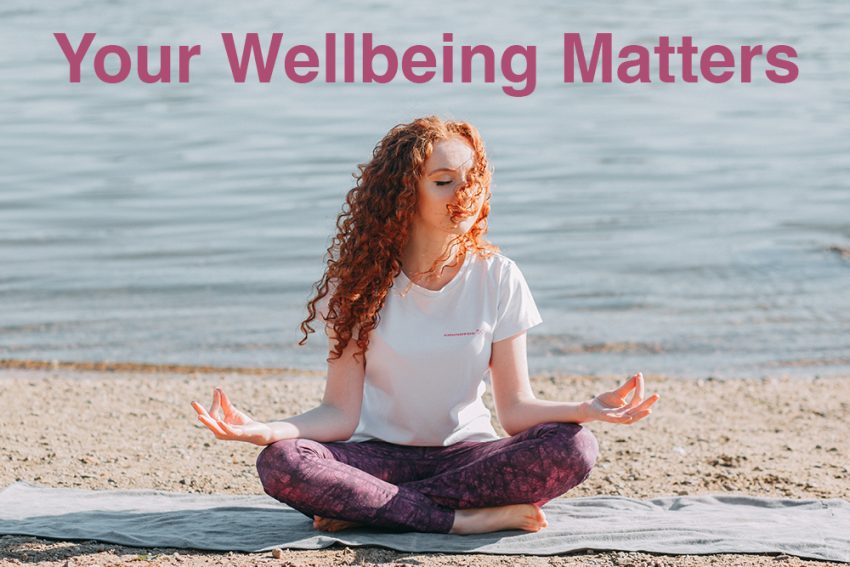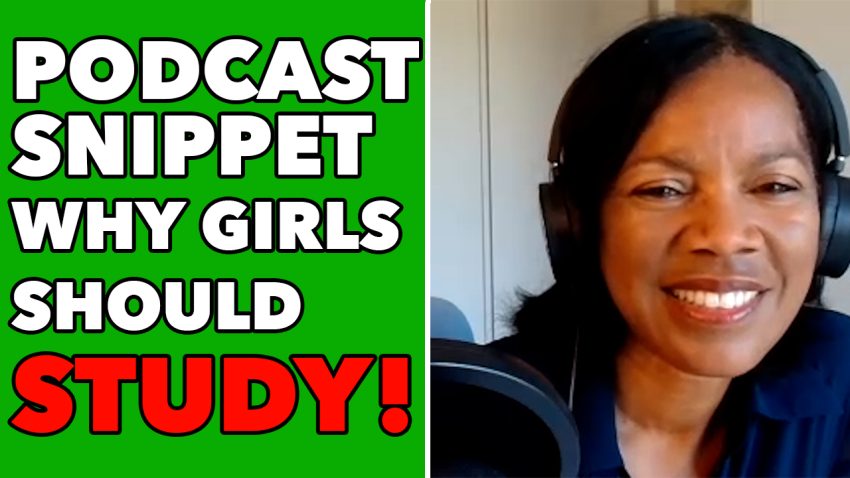Seeing The Benefits Of A Blended Family
Until I married more than 20 years ago, I had only known a traditional family first hand, even if three of my siblings lived out their teenage years before I made it to high school. Still, we moved through life to the same rhythm, albeit it in different generations. Still, we knew one set of parents, one household.
Nowadays, however, my immediate family navigates several households if you will. Our grandchildren will reap the benefits of belonging to a blended family.
Yes, you read that right—benefits, though a blended family, sometimes referred to as a stepfamily gets a bad rap, particularly the stepmother. Remember, the Cinderella story? Who can forget it. Anyhow, I divert.
The point is blended families don’t have to be difficult or distort one character to make a happy ending for another. Furthermore, to belong to a blended family does not necessarily put a person at a disadvantage.
In some ways there can be advantages. For example, a blended family can in many ways broaden the horizons of its members and can also increase emotional intelligence, according to Understanding Stepfamilies author Dr Lisa Doodson, guest of Your Family Matters podcast (out tomorrow).
That I can vouch for. Planning where and how to spend a traditional holiday, for example, can be challenging for most families with different schedules, interests and so on and once you consider an added component such as a stepparent and a step sibling, the task can feel even more overwhelming, as it did for Cinderella.
But it need not be this way. If we rely on sensitivity and effective communications, for instance, we bring an openness to the table rather than the closed mindedness that can squash opportunities.
No one needs to be marginalised or feel snubbed. But everyone must bring willingness to the table. In Your Family Matters, Dr Doodson and I have a great chat about situations that can cause stumbling blocks such as the acceptance of a new partner, new siblings, understanding roles and the use of social media and how it impacts family life.
It is a must listen podcast for everyone who wants to improve their family relationships and particularly those who are navigating new territory—the blended family.
When it is all said and done, whether traditional or blended, your family matters. Check out the podcast from September 27 on Apple, Spotify, Google Play, sonjalewis.com and wherever you listen to podcasts.






